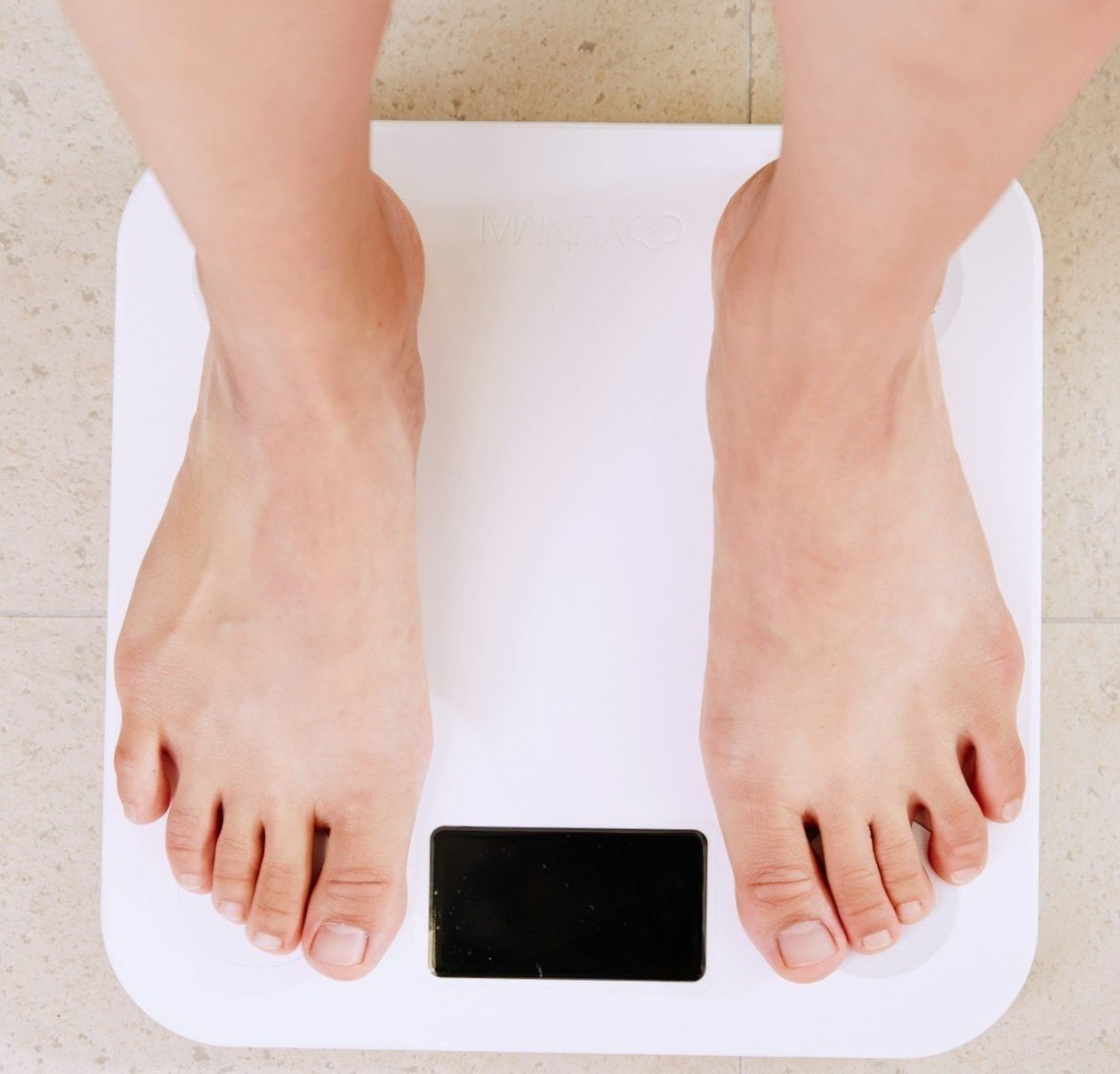Why Breakfast Matters: The Surprising Truth Behind Skipping It
As many as 1 in 5 adults in the UK don’t eat breakfast every day. With busy schedules, lack of time, or just not feeling hungry in the morning, many people skip this first meal. But is skipping breakfast really helping, especially when it comes to weight loss? In this blog, we’ll explore why breakfast is an important part of your day, why skipping it doesn’t help you shed pounds, and how you can create a healthy and balanced breakfast that fits into your routine. Plus, I will share some easy breakfast ideas to get you started!
Why is breakfast important?
Breakfast is the first meal of the day, so it is the first opportunity to provide nutrition to our body, which has been fasted overnight.
Routine
Eating regular meals such as breakfast helps our body to recognise signs of hunger and fullness
Fuel and nourishment
Breakfast provides an opportunity for us to receive important nutrients e.g., protein, vitamins e.g., B, minerals e.g., calcium, and fibre
Concentration
Having breakfast in the morning can provide us with the energy required to concentrate throughout the day and to keep us going until lunchtime - can also help with attention and memory
If you don’t have breakfast, you may feel a bit sluggish and find it difficult to focus on things
Why skipping meals such as breakfast doesn’t help you lose weight:
- Eating planned, regular meals means you are less likely to snack on high energy, high fat, high sugar foods e.g., crisps, cakes, chocolate etc.
- If you don’t eat anything until lunchtime, you might become so hungry that you overeat, become too full, and don’t enjoy your meal - if you haven’t prepared a healthy balanced lunch, you are more likely to choose unhealthy options like takeaways/convenience foods
- Skipping meals may mean you lack essential nutrients and feel tired and will be less likely to cook and be active
- If you are currently skipping breakfast, you can introduce it by having something small at that time e.g., a portion of fruit or healthy yogurt, then overtime, your body will start getting used to eating at that time and you will begin to feel hungry at that time - then, you can build this up to a more balanced breakfast
What makes up a healthy, balanced breakfast?
1. A fibre-rich source
Carbohydrates give us energy
Fibre helps to keep our gut healthy and keep us feeling fuller for longer
E.g., wholegrain bread, low sugar/high fibre breakfast cereal, porridge oats
2. A protein source
Important for growth and repair
Helps us to feel satisfied
Protects our muscles
E.g., yogurt, beans, milk, eggs, nuts and seeds (plain and unsalted)
3. Fruit and vegetables
Provide vitamins e.g., A and C, minerals e.g., potassium, and fibre
E.g., tomato, mushrooms, berries, apple, banana, ackee
Fresh, frozen or canned/tinned (80g = 1 portion)
If canned/tinned make sure the fruit is in its own juices and not in syrup and the vegetables are in plain water and not in brine
Planning breakfast:
It is really important to plan a breakfast that suits you at a time and place that fits in with your individual routine and lifestyle - everyone is different
Taking time to sit and enjoy your breakfast is important for our health and wellbeing - try to eat away from distractions such as TV, work, books etc.
Try to swap habits e.g., if you scroll on social media in the morning, use that time to have breakfast instead
Everyone is different and will have different preferences - some people have busy mornings or they don’t feel hungry - there is no right or wrong time to eat breakfast
Try to eat a healthy, balanced meal within a few hours of waking up if you can - if allowed, you could keep some breakfast foods at work to enjoy once you arrive
Balanced breakfast ideas for at home:
Porridge with low fat milk and fruit
You can add plain, unsalted nuts and seeds
When choosing quick oats, go for the plain variety and add your own fruit afterwards as flavoured varieties tend to have lots of added sugars
You can experiment with spices such as nutmeg, cinnamon and ginger
Boiled/poached/scrambled eggs on wholemeal toast with mushrooms/tomato
Opt for a spread based on vegetable oils such as olive oil instead of butter
Natural yogurt with porridge oats and chopped fruit
Opt for a plain, low fat and low sugar yogurt as the flavoured varieties can be high in added sugar
Peanut butter on wholegrain toast topped with banana
Choose peanut butter that is 100% nuts with no added sugar, salt or palm oil
Wholemeal tortilla wrap or pitta filled with tinned sardines or low-fat soft cheese
Add fruit/vegetables e.g., avocado, wilted spinach, grilled/raw tomatoes
Wholemeal pancakes
Top with plain yogurt and fruit
Wholegrain cereal
Add low-fat milk and fruit
Opt for a high fibre cereal e.g., Weetabix/own brand equivalent//shredded wheat, that is low in sugar and fortified with vitamins and minerals
Balanced breakfast ideas for if you are on-the-go:
A ready-to-go protein-rich smoothie e.g., yogurt, banana, milk and pinch of cinnamon
Make your own muesli in a large batch, which you can keep in the fridge to use during the week - you can have it with a healthy, plain yogurt and fruit e.g., strawberries or frozen mango chunks
Homemade granola with yogurt and fruit
Overnight oats with fruit and unsalted nuts
Tips:
Be aware of fresh, unsweetened fruit and vegetable juices and smoothies - stick to 150ml as one portion as once fruit and vegetables have been juiced, the sugars are released and get counted as free sugars, which is the type of sugar we should be cutting down on - although, they contain vitamins and minerals, the fibre is either removed or destroyed - juices should be seen as an extra rather than essential
If you can, try to use breakfast as an opportunity to sit down with the family or work colleagues
Be careful of high-sugar breakfast cereals - always check the label as some products have fancy packaging and use nutritional claims to make you think the cereals are healthy, when some are actually heavily processed with lots of added sugar
Use healthier cooking methods e.g., grilling rather than frying, if making eggs, use a small amount of unsaturated oil such as rapeseed oil instead of butter, choose lean meats e.g., turkey rather than bacon
Remember to make small changes gradually, otherwise it can all seem too overwhelming. Ultimately, breakfast is there for fuel, nourishment, satisfaction, and overall, enjoyment!
This blog is aimed at adults
This blog is intended for information only
The advice given is generic advice for supporting a healthy diet and lifestyle. For specific medical conditions please seek advice from your GP.













